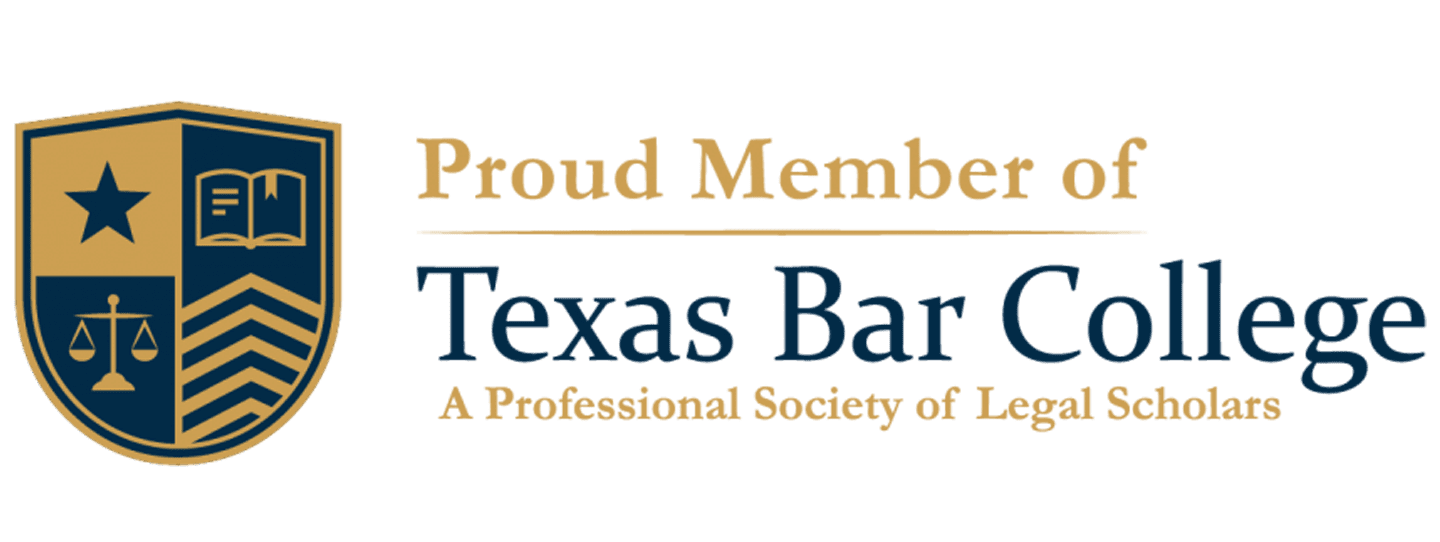Divorce is always a legal process that dissolves a marital relationship. However, some Texas couples may wish to avoid the expense and complications associated with extensive litigation. For these divorcing couples, divorce mediation can be an alternative to traditional litigation. It makes use of a third-party mediator, along with the lawyers of both spouses, to sort out key issues and arrive at a mutually acceptable and beneficial agreement. For divorces that involve child custody, mediation can often be court-ordered.
For many couples, however, divorce mediation is an affirmative choice. A divorce mediation can be used to plan a child custody schedule, reach an agreement about spousal support or determine the distribution of assets. For some couples with high-asset divorces, the escalated level of personal privacy for agreements reached through mediation may provide a particular appeal for the use of a mediator. The details of a settlement reached through mediation do not necessarily reach the public record, so matters like the amount of spousal support decided upon can be undisclosed.
Of course, divorce mediation is not the right choice for every couple. Some high-asset divorces may involve extensive, complicated assets including businesses, investment funds and real estate, and it may be difficult to resolve those issues without the involvement of a number of experts. However, for couples who do pursue mediation, it is possible for both parties to be represented by their own legal counsel and bring key issues to the table.
For people who have decided to end their marriage, a family law attorney may be able to provide advice and representation. This is particularly critical during a high-asset divorce in which each party must advocate for their interests in the marital assets. Whether a divorce settlement is reached through mediation or litigation, an attorney may help ensure that their client’s rights are fully protected.
Related Posts: Business owners can benefit from advanced divorce planning, Avoiding a messy high-asset divor ce, Division of 401(k)s in a divorce, Divorce and financial assets








0 Comments